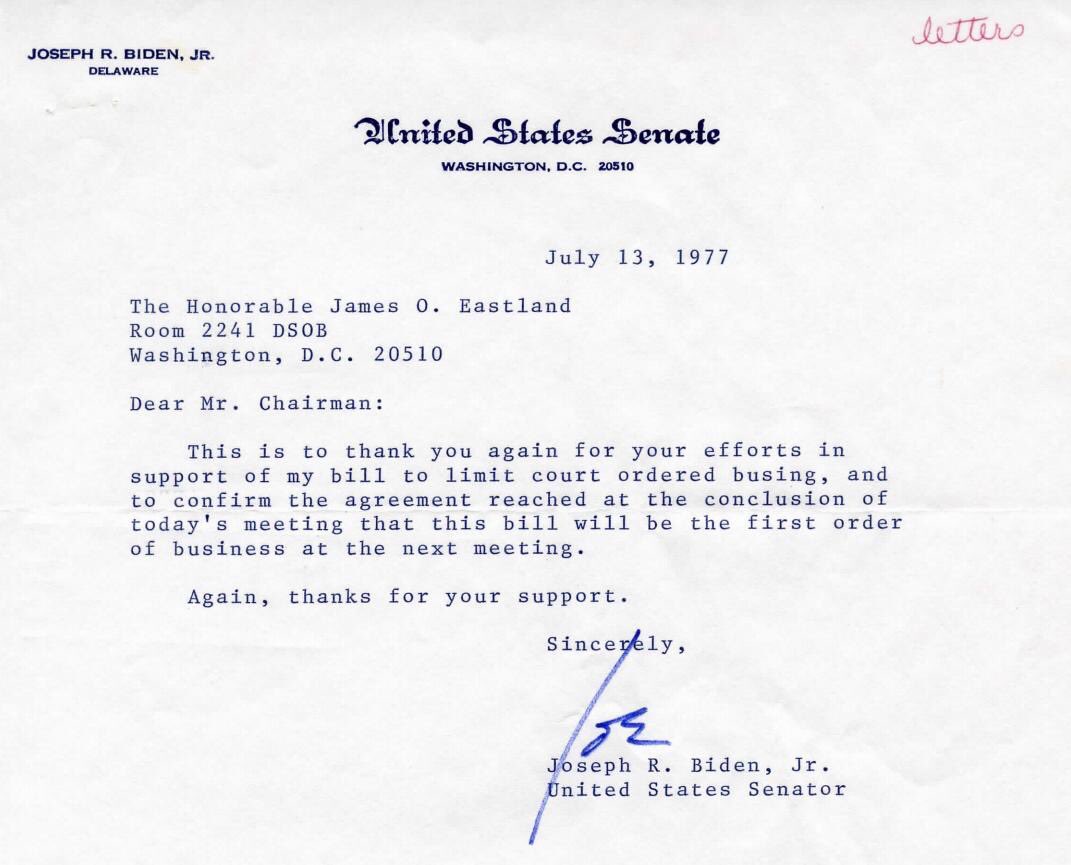@JoeBiden you aspire to replace @realDonaldTrump who is a known compulsive liar. Yet you yourself lied in the debate last night, saying “I did not oppose busing.” THAT. IS. A. LIE. That’s because you said *this* in an interview in 1975: “I oppose busing in America.” #dropoutjoe 

• • •
Missing some Tweet in this thread? You can try to
force a refresh









